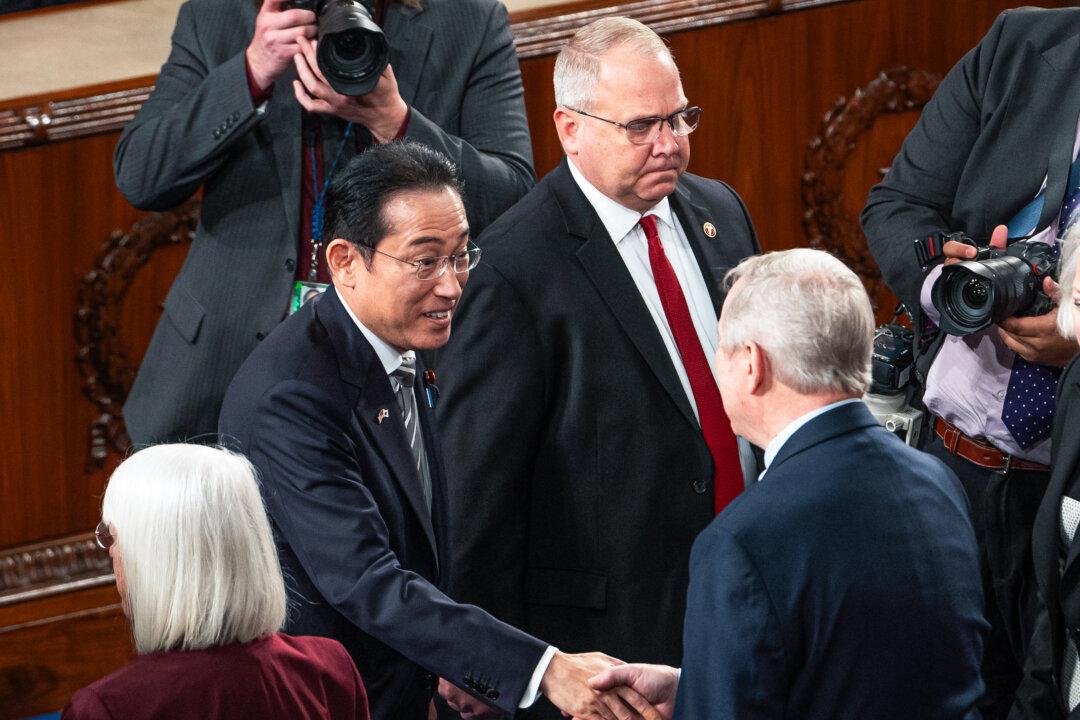Japan’s 2024 Diplomatic Bluebook, recently released by the Japanese Foreign Ministry, emphasizes the ministry’s concerns over the increasing military threats from China, while reintroducing the “mutually beneficial” relations with China.
International affairs observers have pointed out that the new diplomatic bluebook, Japan’s annual foreign policy report, shows that Japan is attempting to adopt a balancing strategy: On the one hand, it is allied with the United States and other free democracies against the Chinese Communist Party’s (CCP’s) military buildup and aggressive foreign policies; on the other hand, Japan also hopes to reduce tensions in Sino–Japanese relations.




